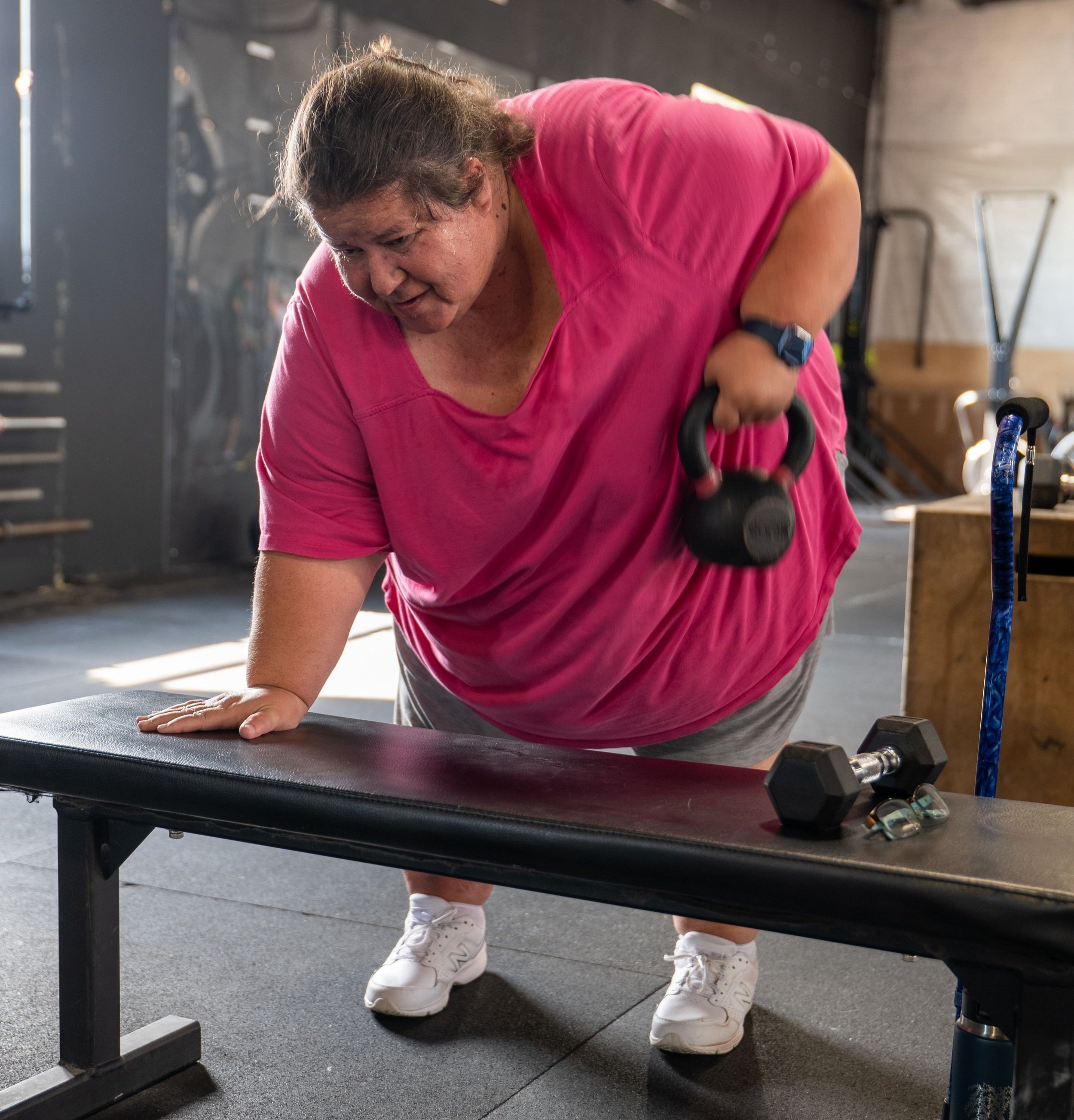The "Golden Rule": Self-Compassion Matters
The "golden rule" - "Do unto others as you would have them do unto you," as taught by Jesus in the books of Matthew and John, has resonated with us since childhood. It serves as a guiding principle for improving our interactions with others. However, have you considered that this fundamental rule is equally about how you treat yourself?
The directive, "Do unto others," emphasizes taking action. In essence, it means "act unto others." Our intentions and words, while important, often pale in comparison to the impact our actions can have on those around us. Our actions reveal our commitment to the values we hold dear.
"As you would have them" prompts us to empathize with others' perspectives. It encourages us to pause and reflect on how we would like others to respond or provide support in our own circumstances. In other words, how would we want them to demonstrate their genuine care and intentions if we were in their shoes?
"Do unto you" reinforces the idea that when we need support, we should actively seek self-compassion and care.
Consider this: "Do to yourself as you would have others do to you." How would this slight change in wording affect your interpretation of the "golden rule"? Would it make you more compassionate toward yourself? Would you pause before allowing self-criticism to follow your actions?
How you treat yourself lays the groundwork for how you treat others. If you're harsh on yourself when you make mistakes, you'll likely show less empathy to others when they stumble. This foundation might stem from past relationships or mindsets.
But here's the question: Did this foundation genuinely support you in times of need? Imagine if, during those moments, you had someone who encouraged your efforts and work ethic, regardless of the outcome. What if they provided you with resources to tackle your challenges? What if they offered empathy instead of judgment, understanding instead of dismissal, kindness instead of harshness?
Would these actions have altered the outcome the next time you faced a similar situation?
We all remember those who extended us empathy, understanding, and kindness. They left an indelible mark on us because their actions were exceptional. Those who genuinely prioritize others stand out in today's "what's in it for me" world.
As you navigate today's challenges and those in the future, remember that the "golden rule" isn't solely about how we treat others; it's deeply rooted in how we treat ourselves. Be kind to yourself when it's tempting to be harsh. Show understanding when it's easier to dismiss. Offer empathy when judgment is the default response.
Above all, be there for yourself first.
Grant yourself grace in moments of failure. Applaud your efforts when you try. Show yourself respect as you persist. This foundation serves as the cornerstone for supporting others when they need it most.



